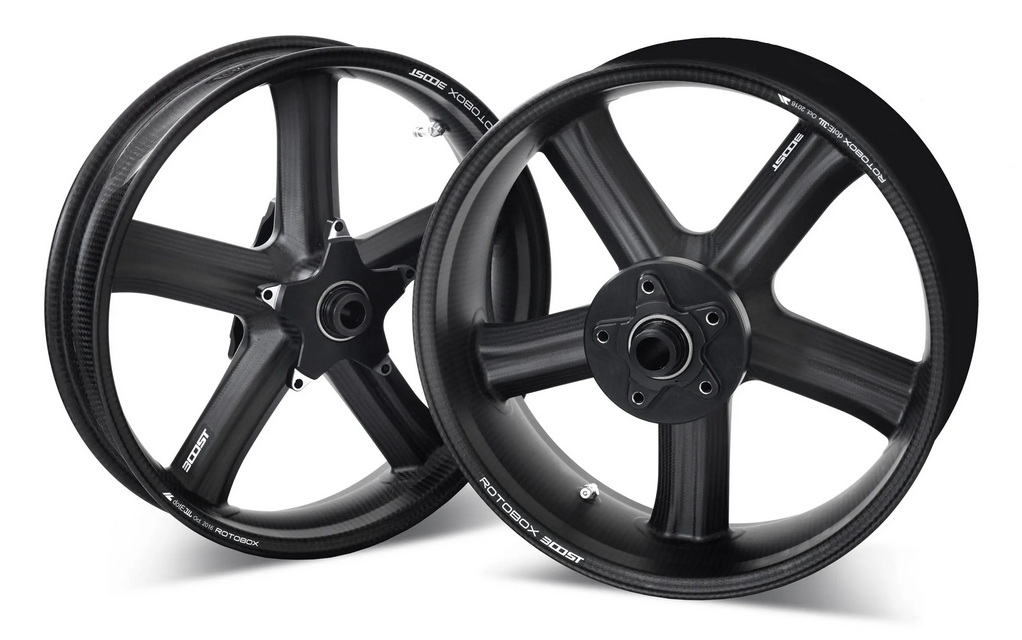Lloyd’s Register (LR) has awarded Approval in Principle (AiP) to Rotoboost, a Nordic hydrogen production company, for its pre-combustion Carbon Capture System (CCS) Rotobox. Rotobox uses thermocatalytic decomposition process (TCD) onboard marine vessels, where part of the natural gas fuel supply is converted into hydrogen and graphite with a liquid catalyst.
The TCD process significantly reduces CO2 emissions, particulate matter and methane slip by producing hydrogen while capturing carbon in its solid form. Rotobox has the capacity to reduce overall carbon emissions by up to 100%, depending on the heating method used. Converted hydrogen from the CCS can be used for fuel cells or as blend-in fuel for combustion engines or gas-fired boilers.
Rotoboost’s solution is easily scalable to meet future emission regulations, with lower electrical power requirements compared to conventional carbon capture systems and less storage space needed for solid carbon, allowing the system and associated storage to remain compact even for long voyages. The system is well suited to LNG carriers and other LNG-fuelled vessels, offering an additional option for shipowners for decarbonising.
The AiP validates Rotoboost’s CCS system as compliant with LR’s goal-based and comprehensive prescriptive requirements, marking a further milestone in the development of carbon capture technology.
Tags: CO2 Emissions, Lloyd’s Register (LR), Methane slip, Rotobox, TCD



Recent Posts
Chartered Speed expands its electric mobility footprint in Arunachal Pradesh
PSA International joins Global Centre For Maritime Decarbonisation as a strategic partner
MPA and NYK Group Advance Collaborative Efforts on Maritime Autonomous Surface Ship Trials
BIMCO drafts new clause to support biofuel use in time charters
Global Maritime experts attended India@Nor-Shipping – Maritime Partnership for a shared & sustainable future
India-Norway Dialogue Anchors on Sustainable Maritime Development
Sea cruise ships can now connect to shore power in Amsterdam
Corvus Energy partners with HD Hyundai Mipo for AiP on new green product tanker design.